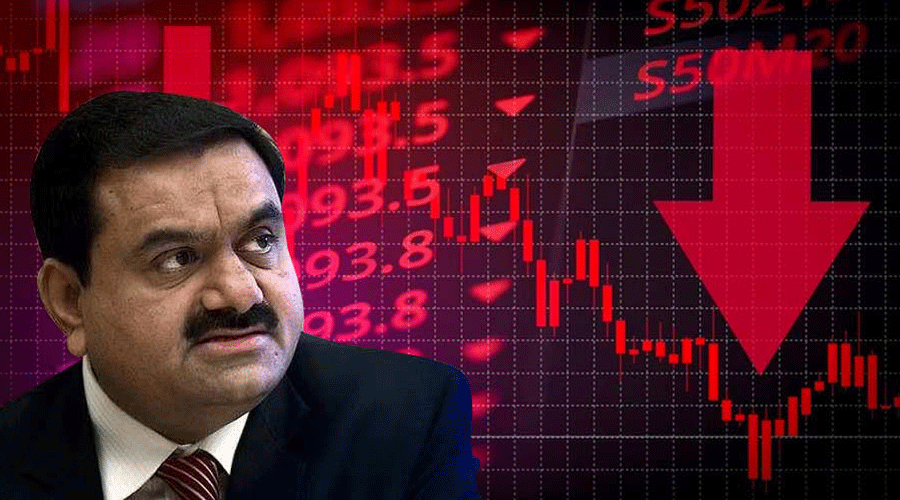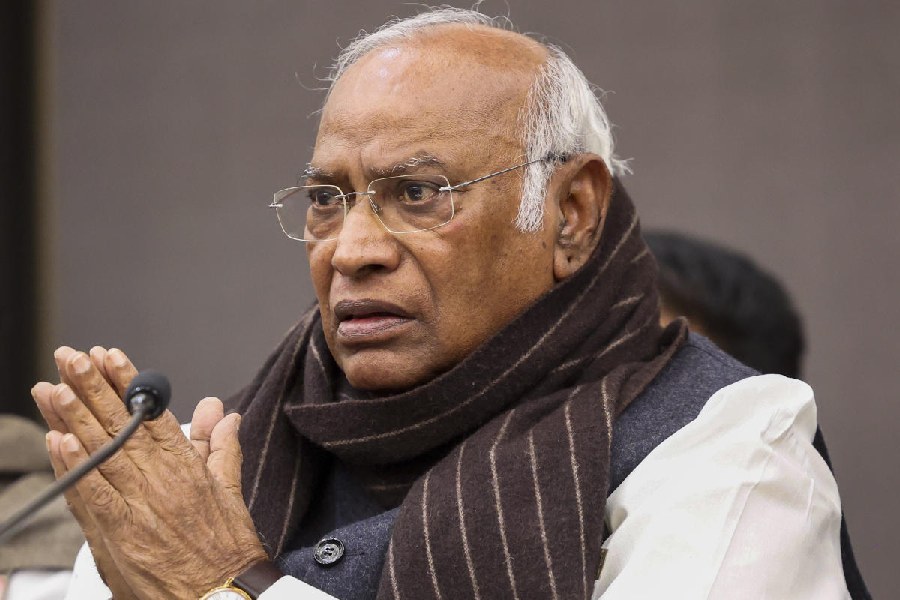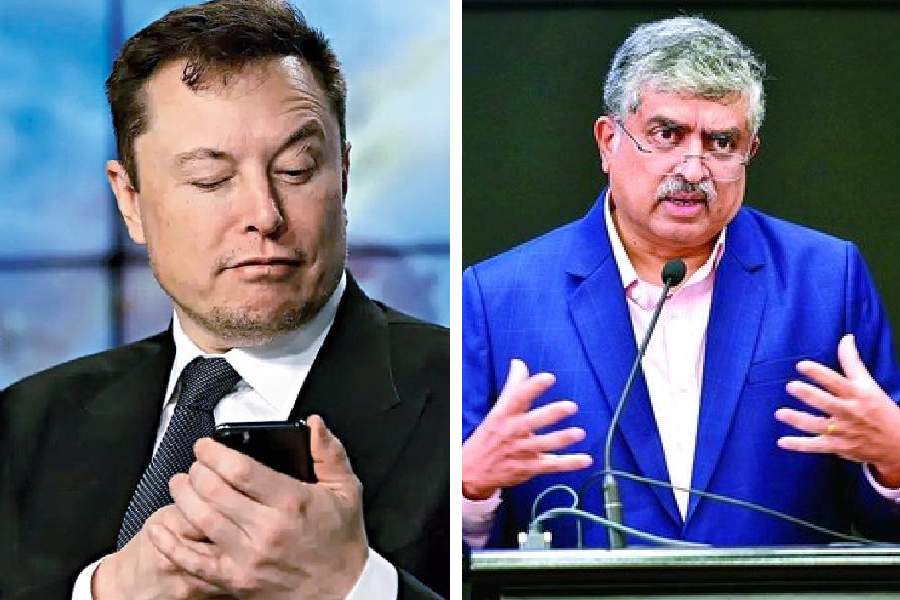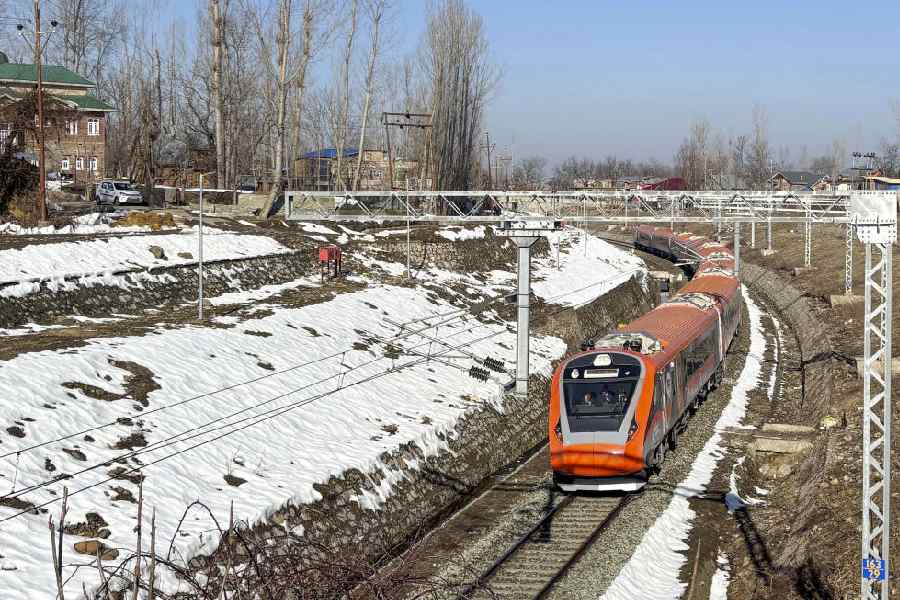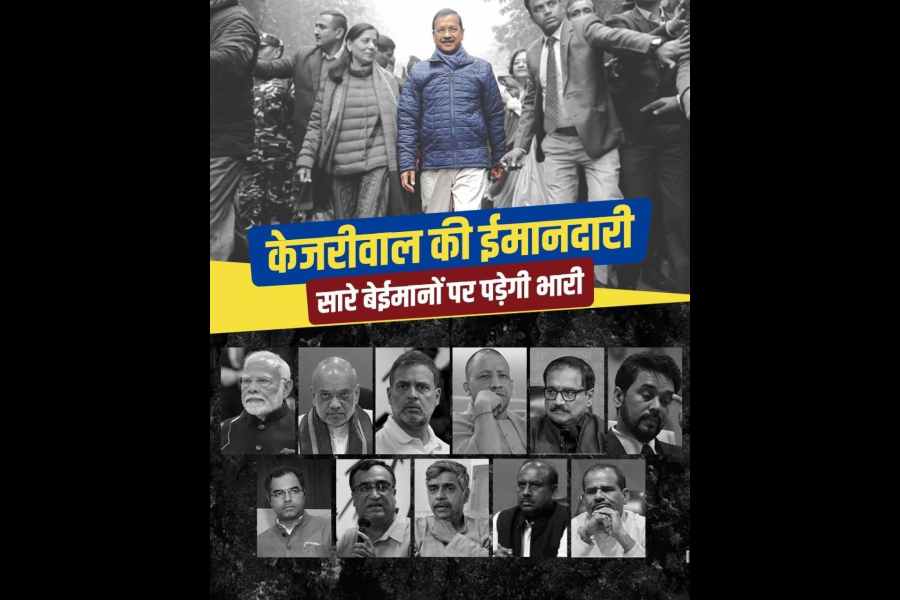Several legal experts are puzzled by the Supreme Court’s decision to appoint corporate lawyer Somasekhar Sundaresan to the expert committee that will study the market regulatory framework in the light of the Hindenburg Research allegations of stock market violations by the Adani group.
This, the sceptics believe, will hand the Centre an advantage in its year-old battle of attrition with the apex court over the government’s stalling of the collegium recommendation — already reiterated — to appoint Sundaresan as a Bombay High Court judge.
According to the Centre, Sundaresan is a “highly biased opinionated person” and has been “selectively critical on the social media on the important policies, initiatives and directions of the government”.
With the lawyer now part of the six-member apex court-appointed committee, there seems no prospect of his being elevated as a judge at least till the panel completes its two-month mandate, thus keeping the collegium recommendation in limbo.
The committee is mandated only to examine the market regulatory mechanism in general and not the Adani-specific complaints — which is for market regulator Sebi to probe. But the panel is also tasked to probe whether there had been regulatory failure in respect of the Adani group or other companies.
If the government has misgivings about Sundaresan being on the expert committee, it can quickly clear his elevation as a judge, for there is no legal embargo on it from doing so, some lawyers pointed out.
Such a move by the Centre will make Sundaresan’s continuation on the panel untenable. It will then force the apex court to reconstitute the committee, delaying its work, or allow it to function with five members.
The entire situation, legal experts sceptical of Sundaresan’s appointment to the panel believe, represents a backward step by the apex court at a time members of the government have been questioning its law-and-convention-mandated supremacy in judicial appointments.
The collegium had on February 16 last year recommended Sundaresan’s elevation as a judge. The Centre, after sitting on it for nine months, sought a reconsideration on November 25 citing Sundaresan’s social media posts that it found objectionable.
The collegium, made up of Chief Justice D.Y. Chandrachud, Justice Sanjay Kishan Kaul and Justice K.M. Joseph, reiterated Sundaresan’s name on January 18 this year. But the Centre has held out although it is legally bound to approve any recommendation that the collegium has reiterated. On January 18, the collegium had rejected the Centre’s objections to Sundaresan as a judge, saying that “the views on social media attributed to the candidate do not furnish any foundation to infer that he is biased”.
“The issues on which opinions have been attributed to the candidate are in the public domain and have been extensively deliberated upon in the print and electronic media. The manner in which the candidate has expressed his views does not justify the inference that he is a ‘highly biased opinionated person’ or that he has been ‘selectively critical on the social media on the important policies, initiatives and directions of the government’ (as indicated in the objections of department of justice) nor is there any material to indicate that the expressions used by the candidate are suggestive of his links with any strong ideological leanings,” it had said.
“All citizens have the right to free speech and expression under Article 19(1)(a) of the Constitution. Expression of views by a candidate does not disentitle him to hold a constitutional office so long as the person proposed for judgeship is a person of competence, merit and integrity.”
On March 2, the bench of Justices Chandrachud, P.S. Narasimha and J.B. Pardiwala set up the six-member expert committee headed by the former apex court judge, Justice A.M. Sapre.
The other members are: O.P. Bhat, former chairman, State Bank of India; Justice J.P. Devdhar, former judge, Bombay High court; K.V. Kamat, banker, former chairperson of the Confederation of Indian Industry and ex-chief of the New Development Bank of the BRICS countries; Nandan Nilekani, co-founder of Infosys; and Sundaresan. The committee’s remit:
■ To provide an overall assessment of the situation including the relevant causal factors that have led to the volatility in the securities market in the recent past;
■ To suggest measures to strengthen investor awareness;
■ To investigate whether there has been regulatory failure in dealing with the alleged contravention of laws relating to the securities market in respect of the Adani group or other companies;
■ To suggest measures to (i) strengthen the statutory and/or regulatory framework; and (ii) secure compliance with the existing framework for the protection of investors. “The committee is requested to furnish its report in sealed cover to this court within two months,” the bench said.

